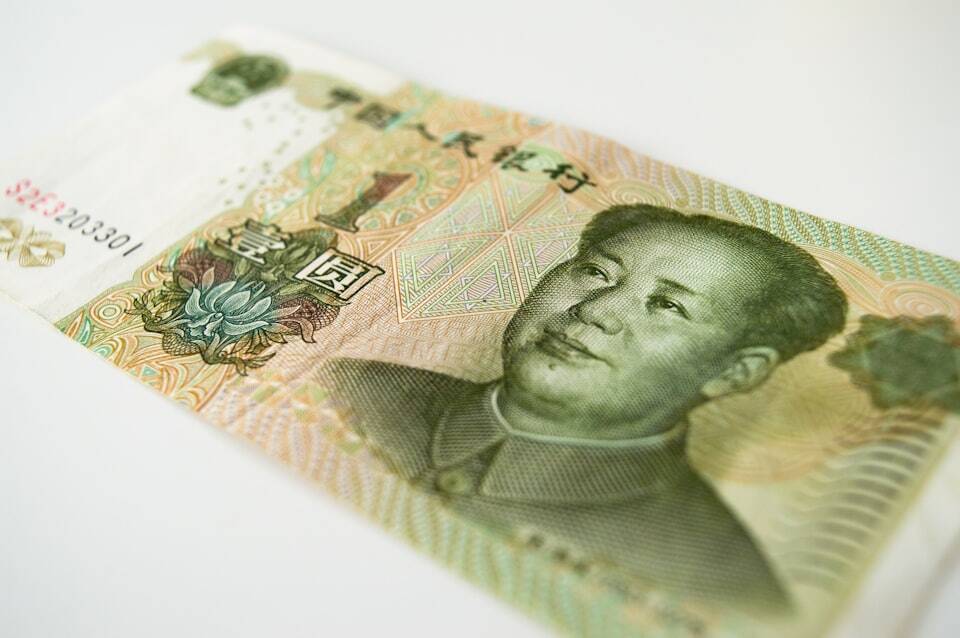What’s Behind Economic Anxiety on Chinese Social Media?
Two weeks ago, Reuters reported that inflation in China was holding steady... It was good economic news, and yet, according to a FilterLabs.AI analysis of Chinese social media activity, sentiment around inflation fell shortly thereafter. Lets look at why this occurred.
Two weeks ago, Reuters reported that inflation in China was holding steady, while consumer prices were falling.
It was good economic news, and yet, according to a FilterLabs analysis of Chinese social media activity, sentiment around inflation fell shortly thereafter:

A dramatic shift in sentiment scores usually suggests a change in how people are discussing an issue. So why wasn’t good economic news being talked about in more positive terms?
Using Talisman, our data platform, FilterLabs was able to look more closely at the social media posts themselves–and find out.
In early June, sentiment around inflation rose steadily. But on closer inspection, many of the posts and videos on this topic were actually about the United States, not China. Inflation in the US was steady, the stock market was setting new records, and the Chairman of the Federal Reserve was hinting at future interest rate cuts. There were plenty of negative comments about the US, but the economic news was undeniably good.
Starting around 6/14, sentiment fell significantly–especially in posts and videos about the Chinese economy. Officially, inflation had stabilized. But commentators were still worried about the country’s overall economic health. In posts and videos that mentioned inflation, there was anxiety about China’s distressed real estate and infrastructure sectors, shrinking household assets, and widespread business closures. As one post stated: “a large number of companies are going bankrupt, a huge wave of unemployment is erupting, the economy is in deflation, and the real estate market is in a long bear market.”
In sum, Talisman was able to get behind the official story and show us that good news about inflation was not enough to offset widespread anxiety about China’s medium and long-term economic health.
Note: for the summer, FilterLabs’ newsletter will feature recommendations from our staff. This week, it’s what we’re reading.
Jonathan Teubner, CEO: I’m reading The Camel and the Wagon. It’s a book that describes how the camel replaced the wheel in the Middle East somewhere between the 4th and 6th century CE. It certainly tempers any techno-determinism of the strict sort, but it’s also perhaps a historical anomaly – how many times have people opted to go backwards technologically? It’s a surprisingly relevant question, given all the present-day fear about what AI will mean for the future. Beyond this historical curiosity, it is wonderfully written and occasionally humorous.
Sher Dyusushe, Data Curator: I'm currently reading The Mushroom at the End of the World, which is fascinating if you're into environmental ethnography that follows a single commodity (in this case matsutake mushrooms) within a modern chain of production. Anna Tsing uses postindustrialism as a backdrop to the communal cultivation and subsistence of matsutake mushrooms; it serves as a symbol of hope in the face of economic and ecological issues. It’s engaging, and fascinating, and at times soul crashing, and everything you could ever want from an ethnography.
Paul Gleason, Lead Newsletter Writer: Summer is the perfect season to read Elmore Leonard, perhaps the greatest American crime writer since Raymond Chandler. His dialogue is so snappy, his characters so outrageous, and his plots so gripping that you can take him camping or to the beach and never once miss the TV. I recently read Maximum Bob, which is about a cantankerous Florida judge and the many, many ex-cons who want him dead. It’s a great example of Leonard’s mature style. There isn’t much in the way of character development or description (and of course it doesn’t begin with weather); it’s all about the story and Leonard’s irresistible sound.
Katherine Huerta, Data Engineer: I'm rereading Into Thin Air by Jon Krakauer. I chose this book because it's one of my favorites. I enjoy mountaineering in Colorado, so I find outdoor survival stories fascinating. Additionally, this book re-enforces the importance of turning around when the weather isn't looking good (summit fever is a real thing). It is a sad true story, but it's also inspiring in many ways and shines light on how the commercialization of Mt. Everest is becoming a massive problem.
Alex Buffington, Director of Sales: I’m reading The Guns of August by Barbara Tuchman. It’s one of the best history books ever written about WWI and its causes.
%20-%20Tradmark.png)
